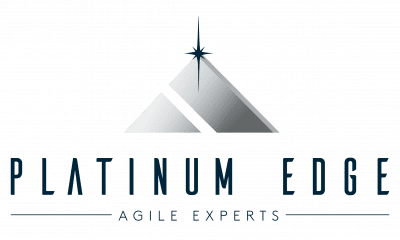Platinum Edge, Inc. recently had the pleasure of presenting at and attending the PMI – Northern Utah Chapter’s 2013 Professional Development Conference in Salt Lake City, Utah. The theme of the conference was “Transformation: Management to Leadership”. Platinum Edge was pleased to see participants embracing this theme and learning new skills in order to further their own capabilities, as well as the capabilities of their organizations.
Platinum Edge presented a session entitled “Agile Estimation: Faster, Easier, and More Accurate”. The goal was to help Project Managers who are embracing and implementing agile methodologies overcome one of the largest project management challenges –project estimation.
In many organizations, project estimation is a pain point. This is true both for the managers and project sponsors who are demanding to know what they will get and when they will get it, as well as for the teams who are producing the end-product.
For managers, executives, and/or project sponsors, project estimation is necessary – project launch and go-live dates drive a number of business-related decisions and commitments. Those commitments may be made to an internal customer (e.g. the IT department making a commitment to provide functionality to the Sales department by a certain date), or an external customer (e.g. Company X is building an end-product for Company Y, who needs their product by a certain date).
Project estimation can also be a key element in a company’s ability to market or advertise the availability of products or feature sets to end-users, which can ultimately impact that company’s position in the market!
Needless to say, those put in a position to provide and be accountable for project estimates can feel overwhelmed with this responsibility. Contrary to some ideas and misconceptions about agile, estimation plays an important role regardless of the project management and product development methodology being used.
There are a few things that can help mitigate the stress of needing to provide accurate estimates, including:
- Mindset change: Managers and executives who rely on project estimation to make specific commitments must be coached to understand that estimates are just that: estimates. At best, estimates are educated guesses that make assumptions about the team’s velocity, the environment (internal company as well as market environment), current business prioritization, and other factors that will inevitably change over the course of the project.
- Whole team engagement: Project estimation used to frequently fall solely on the shoulders of the project manager or a sub-committee of a few people who knew the requested end-date of a project, and who would then work backwards to retro-fit development efforts into a fixed project duration. By engaging the whole team throughout the life of the project in “rolling wave” or iterative planning, the team is able to incorporate knowledge they gain over the life of the project into their estimates and refine them as they progress with their development.
- Changing the focus of estimation from being ‘precise’ to being ‘accurate’:
Precision in project estimation manifests in attempting to schedule specific tasks to be started or completed by very specific dates. This is almost always an impossible goal to accomplish, especially when attempting at the very beginning of a project to plan specific tasks for the rest of the project. The beginning of the project is when the entire team knows the least about the project, and is the worst time to be planning specific tasks for specific dates.
Accuracy, on the other hand, can be achieved using agile planning and estimation methods and focuses on arriving at an accurate view of relative estimates of complexity. A key ingredient to this is using empirical data and knowing the team’s capacity and refining estimates as more is learned about the project. Thus, instead of focusing on providing a specific date for a task that may be 6 months into the future, we focus more on estimating a feature’s complexity level relative to other features in the project.
Platinum Edge provides and teaches a solid framework for providing estimates in a way that is effective and useful both for the teams doing the work, and for managers who need estimates to drive project decisions. We look forward to presenting this session to additional groups and PMI Chapters that would benefit from learning the framework for effective project estimation.

